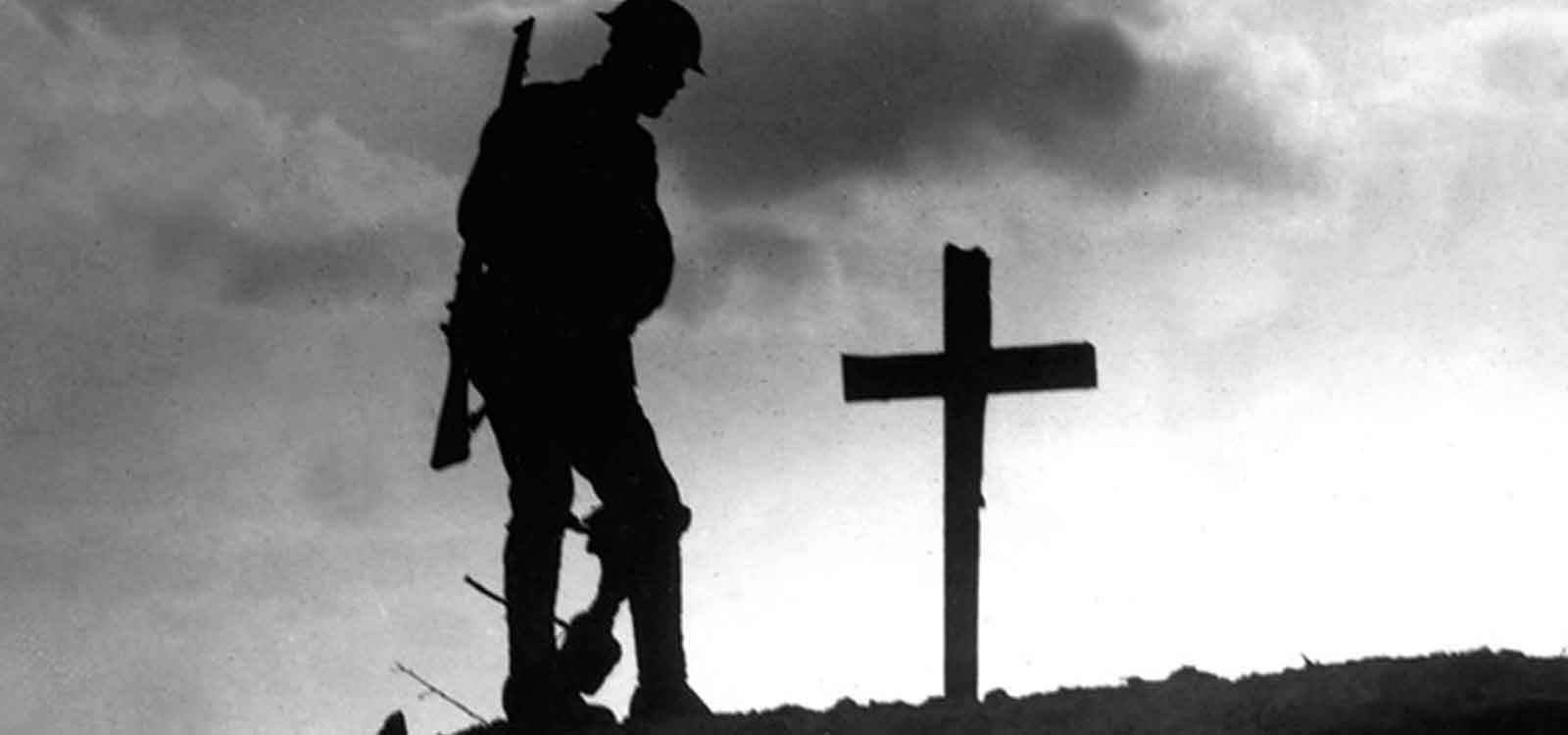
Private T/20895 Richard Hodd of the 14th Labour Company, The Queen’s (Royal West Surrey Regiment) was born 1886, the son of Richard and Mary Hodd of 57, Fairlight Road, Ore, Hastings and was the husband of Lilian Dickeson.
The 1891 census records him living with his family at Testers Cottages, Ore. Richard (senior), aged 30, was a general labourer, Mary was aged 28 and there were five children recorded. Alfred, aged 6 and born at Ore – all of the rest of the family are recorded as born in Sussex, Mary Ann aged 5, Richard aged 3, Rosie aged 2 and john aged “0”.
In 1901, the family were still in situ. Richard is now recorded as a labourer on buildings and Mary is now recorded as Marian, born at Ore. Alfred is a stable boy and some new children have been added. Elizabeth aged 8, Lillie aged 7, George aged 4, Louisa aged 3 and Henry aged “0”.
The 1911 census gives the house number as 7 Testers Cottages and reveals that head of the family Richard was born at Newick and was still a building labourer. Mary was now called as such. The couple had been married for twenty seven years and had produced eleven children, four of which died in childhood. The children are all now listed as being born at Ore. Richard was unemployed, ”Jack” was a carter on a farm, and the other children recorded were “Louie”, “Willie” and “Harriet”.
The 14th Labour Company was forming at Crawley between July and September 1916 and was destined to go to Salonika. However, the most tragic circumstances would mean that Richard Todd would not be numbered amongst them.
The Sussex Agricultural Express for the 22nd of September 1916, takes up the story under the headline “Tied together and drowned in three feet of water”. The article begins with “Because they could not bear the separation forced upon them by the husband’s absence on military duty was apparently the reason for the death of a man and wife, both of who were well known in Brede and the neighbourhood”.
The article notes that Lilian had been living with her mother in the village both before and after her marriage the previous November. Three weeks before his death (on the 18th of September) Richard had joined the colours and had gone to Crawley, and on Friday had been granted a weekend leave. Richard had worked on Maitlands Farm and Lilian had lived at Broadlands which adjoined the farm and it was clear that the couple were deeply affectionate for each other.
On Sunday afternoon the couple were seen walking towards Tillingham River. They did not return and on Monday a search of the area was made and the bodies of the couple were found in the stream at a point which it is very narrow and barely three feet deep. The bodies were tied around the waist by one of Richard’s Puttees and on the bank, was his cap and an umbrella and a pair of gloves belonging to Lilian. A note written on the back of a military voucher was lying under the cap.
The remains of the unfortunate couple were taken to a barn at Maitlands Farm, where Coroner C Sheppard held an inquest on the Wednesday after their deaths. Richard’s father, having identified both bodies, said that his son had a dislike for soldiering and said so in his letters home which had to be read to him as he could not read or write.
Farm labourer George Bryant saw the couple on Saturday afternoon near Broad Oak and Richard Hodd said that he didn’t like soldiering and that it “would be the death of me, and my wife too”. He said that he was due back on Saturday afternoon, but would not go back until Monday and he seemed agitated.
Arthur James Townsend, brother in law to Richard said that on Sunday afternoon he had seen the couple and that Lilian was very distressed and was crying constantly. When he and the couple parted company, Richard said “I don’t know when I shall see you again”.
The suicide note found under the cap was read to the Coroner. “Dear mother and father,- just to let you know that this is such a shock to us that we cannot part with each other, so we have put an end to our troubles – we always was happy up till the last few weeks, and we cannot stand it any longer. May God forgive us if we have done wrong, and may somebody look after mother and Carrie” (Carrie was an invalid sister of Lilian).
It was noted that Lilian’s wrist watch had stopped at 1.35pm and this was taken as the time of death. In his summing up, the newspaper noted, that the Coroner pointed out to the jury that if it was satisfied that by influence or coercion, the husband had induced his wife to commit suicide with him, then the law said that he was guilty of murder; he then pointed out that in this case there was no doubt an agreement to commit the fatal act. The jury decided on a verdict of “suicide whilst temporarily insane”.

